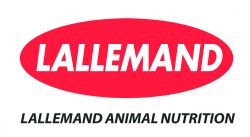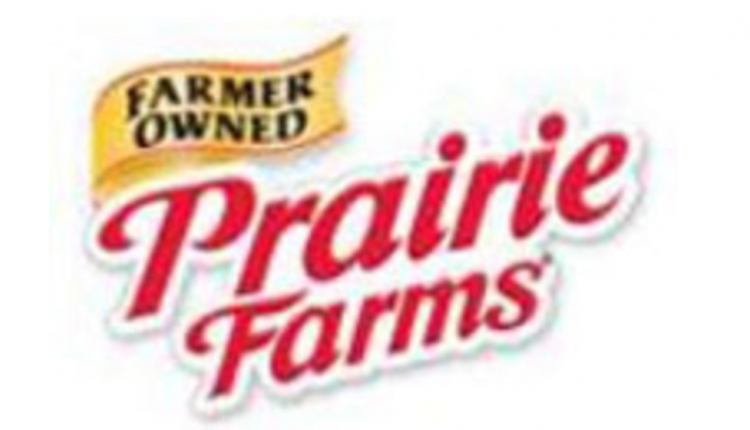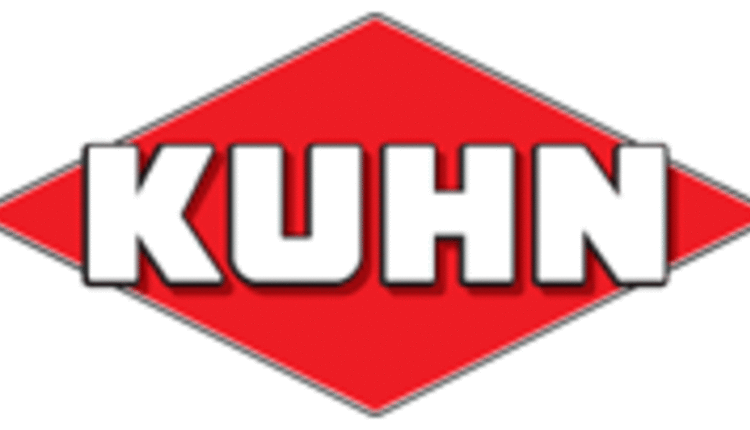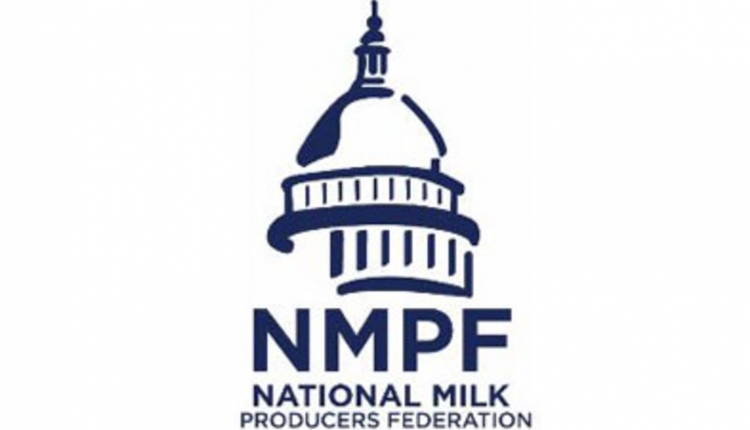
Making even a small change to tried-and-true protocols can be a financial risk for producers, and it’s even more challenging during tough market conditions, notes H. Nielsen, DVM, Technical Service – Ruminant, Lallemand Animal Nutrition.
“There’s not a cattleman I know who wants to waste money. It’s even more important when the margin between profit and loss is close,” Dr. Nielsen says. “New technologies and products must be proven to work first.”
Before adopting, producers should look for products that have been tested in independent research trials. Next, new technologies can be tried on the farm with just a few head of cattle. Then, producers can gauge the benefits to productivity and profitability on their own operation.
For example, probiotics are becoming more widely adopted as producers see proven benefits in average daily gain (ADG) and improved herd health.1 Many operations started using probiotics in their sick pen. After seeing benefits in their most challenging cattle, producers are now adding probiotics to all on-arrival rations. Some probiotics help support the immune system of cattle against everyday challenges by stimulating a natural immune response.
“We’ve seen the benefits for some time now, but researchers are just beginning to understand more about the dynamic and robust bacterial communities in the lower digestive tract2 of cattle,” Dr. Nielsen says. “With the right probiotic, these communities can promote a positive, systemic immune response from within cattle.”
A live, probiotic organism can help positively influence this environment, but not every probiotic has the power to do this. In fact, there are thousands of probiotic microbial strains, and producers should look for a product that is proven to produce results in cattle, Dr. Nielsen recommends.
For example, ProTernative® — Saccharomycescerevisiae boulardii CNCM I-1079 — has been shown to stimulate beneficial microflora, enhance lower gut health and interact with the immune system of cattle. When these positive effects take place, then producers can see production benefits like improved feed uptake, lower morbidity and lower mortality1 in their cattle.
In a study, S. c. boulardii CNCM I-1079 was even shown to result in a twofold decrease in temperature compared to controls.3 Fever is one of the first signs that animals are spending metabolic energy to fight off disease, Dr. Nielsen notes.
He recommends producers also look for probiotics from a trusted manufacturer. The efficacy of live, active microbes is directly linked to good manufacturing processes and careful handling.
“Selecting products like ProTernative, with a history of proven performance will help producers capture profitable results,” Dr. Nielsen says. “No one has time or money to waste on additions that don’t provide a return.”
Lallemand Animal Nutrition is committed to optimizing animal performance and well-being with specific natural microbial product and service solutions. Using sound science, proven results and knowledge, Lallemand Animal Nutrition develops, produces and markets high value yeast and bacteria products ─ including probiotics, silage inoculants and yeast derivatives. Lallemand offers a higher level of expertise, leadership and industry commitment with long-term and profitable solutions to move our partners Forward. Lallemand Animal Nutrition is Specific for your success. For more information, please visit www.lallemandanimalnutrition.com.
1 Keyser SA, McMeniman JP, Smith DR, MacDonald JC and Galyean ML. Effects of Saccharomyces cerevisiae subspecies boulardii CNCM I-1079 on feed intake by healthy beef cattle treated with florfenicol and on health and performance of newly received beef heifers. J. Anim Sci 2007(85): 1264-1273.
2 Lallemand Animal Nutrition Internal Research. Evaluation of the effect of probiotics (Bactocell and Levucell) on the intestinal microbial ecology of piglets, Ghent University, 2001.
3 Schmidt T. Immune response of newly received feedlot steers supplemented with Saccharomyces cerevisiae subspecies boulardii CNCM I-1079 during the receiving period (28 d). Presented at: Academy of Veterinary Consultants Summer Meeting; Aug. 6 - 8, 2015; Denver, CO.





